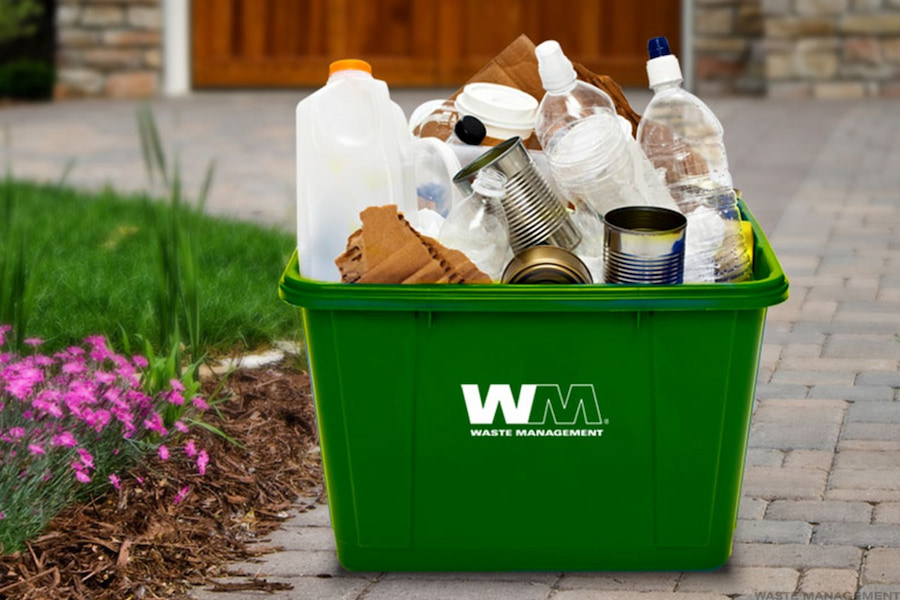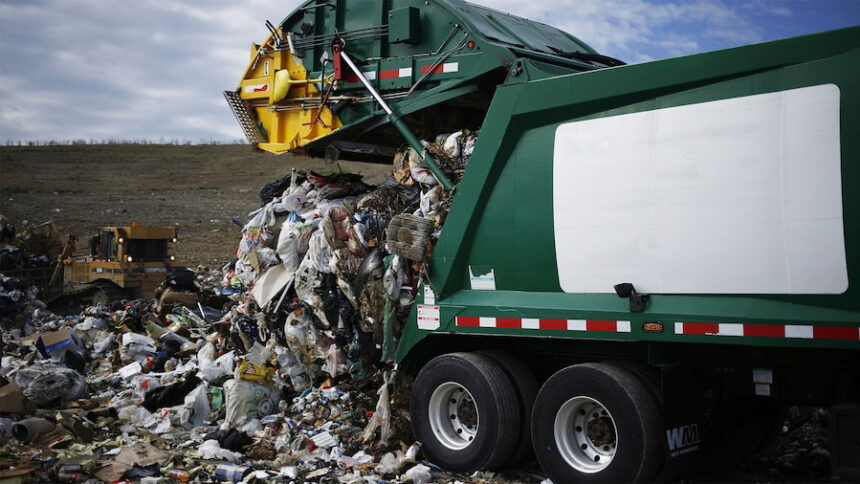If we want a future free of pollution, we need to improve our waste management. It’s more than just throwing things in the trash and praying for the best. We must be deliberate in how we handle our waste, making wise decisions along the way. For this reason, proper waste management is very necessary in order to save the environment and provide a future that is sustainable for everyone.
Let’s discuss how:
Significance of Waste Management in Sustainability
Waste management, especially services such as skips for hire, is crucial for environmental initiatives. These services offer practical solutions for responsible garbage disposal, promoting good waste management for people and organisations. By using these services, we reduce trash going to landfills and support resource conservation and environmental protection. Skis hire shows the significance of proactive garbage management in promoting a sustainable future.
Reduce, Reuse, Recycle:
To commence, let us recite a time-honoured adage: reduce, reuse, recycle. Comparable to the three musketeers of refuse management, they are actively engaged in combating superfluous garbage. By reducing our material consumption, ingeniously repurposing items, and recycling what we can, we are reducing our ecological footprint to the extent that a samurai slices bamboo.
Consider this: each time you choose products with minimal packaging or a reusable water container over a plastic one, you contribute in a small but significant way to the cause of sustainability. Furthermore, being economical can be an added benefit beyond environmental sustainability.
Composting:
Let us now discuss soil in a literal sense! Nature recycles through composting, transforming organic waste such as food leftovers and yard debris into soil that is rich in nutrients. It’s as if something magical were occurring in your backyard! By substituting composting for disposal of kitchen remains in the trash, you are not only preventing waste from entering landfills but also generating an organic fertilizer that will exponentially enhance the growth of your garden.
Energy Recovery:
However, there is more! Waste is not merely refused; it represents an untapped energy resource only waiting to be discovered. Energy recovery technologies, such as waste-to-energy facilities, are increasing, seemingly out of nowhere, transforming garbage into electrical power. It is similar to transforming lemons into lemonade; however, garbage is utilised instead of lemons, and pure, renewable energy is generated in place of lemonade. Pretty incredible.
Treatment or Disposal:
Undoubtedly, only some types of waste are amenable to recycling or energy conversion. Thus, treatment and disposal become relevant in this context. Effective waste management involves using several methods such as burning and landfilling to handle items that cannot be reused or recycled in a way that reduces threats to public health and the environment. Is cleaning up after a chaotic party similar to this task: unpleasant but necessary?

Manage Food & Plastic Waste:
Moving forward, we shall discuss food and plastic, two waste heavyweight champions. Comprising a substantial portion of our waste, these detrimental entities disrupt ecosystems and burden landfills. However, there are methods to confront these enormous entities directly, courageous environmental activists.
- Food Waste
In the realm of food waste reduction, meal planning can significantly contribute. One can optimise their grocery budget and reduce food waste by purchasing only what is necessary and by devising innovative methods to utilise the remains. Additionally, if you possess a verdant thumb, consider attempting to compost the vegetable remains.
- Plastic Waste
Regarding plastic, it is time to abandon our practice of using it once and for all. Whenever possible, choose reusable alternatives such as cloth purchasing bags, stainless steel utensils, and glass food containers. Additionally, if you are in a particularly inventive mood, consider giving upcycling a try. A creative repurposing of that discarded jam container could result in a rather ingenious candle holder.
Waste Management – It’s Everyone’s Responsibility
In conclusion, waste management is not solely the responsibility of garbage collectors; it is an endeavour in which every individual can (and ought to) participate. We can all contribute to a more sustainable future for future generations by reducing, repurposing, and recycling our refuse, composting our organic matter, conserving energy through energy recovery, and managing the materials we cannot repurpose responsibly. The planet, therefore, expects us to roll up our sleeves, take our recycling containers, and get to work!
Also, read this: How Does Proper Waste Disposal Safeguard The Environment?
